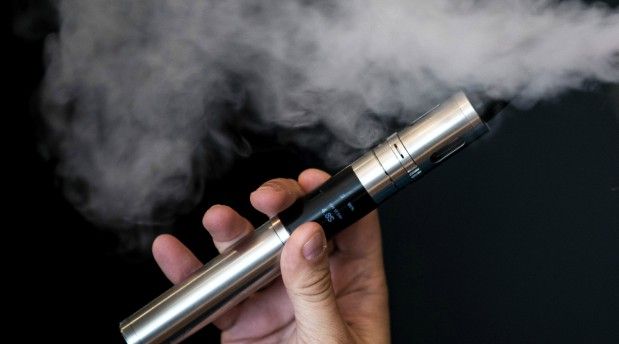Nestle And Girl Scouts Arouse Ire Of Health Advocates Over Deal To Market Candy Bars
Post Views 4
The Center for Science in the Public Interest issued a statement attracting attention to the new candy bars, it said, “A key difference between the Nestle Girl Scout candy bars and Girl Scout cookies is that the new candy bars have more calories, more saturated fat, and more sugars,” CSPI said.
The candy maker has a licensing deal with the Girls Scout that allows it to market the limited edition of the candy bars, which are adorned with the all too well known Girls Scouts logo. It promotes three different candy bars, thin mints, caramel and coconut, and peanut butter creme akin to three of the most well-known and liked flavors of the Girl Scout cookies.
The deal has earned the ire of health advocates who are unanimous in their criticism and allegations that Nestle is using these tactics to circumvent their commitment that it will be not market its candy to children below 12.
The children in the Girls Scouts are between 5 and 17 years of age and most of the girls are under 12. This, health advocates allege, is a violation of their commitment.
“A third of the kids in the United States are overweight or obese, yet Nestle is targeting vulnerable young girls with these obesogenic junk foods,” said CSPI nutrition policy director Margo G. Wootan. “Having the Girl Scouts logo is no different than having a Disney princess, SpongeBob or the latest movie character that kids like on the package. It’s equally inappropriate for the Girl Scouts to be licensing their brand to be on a candy bar,” Wootan said.
Health advocates say that a Nestle’s Thin Mints candy bar contains 200 calories, almost 10 grams of saturated fat, and 16 grams of sugars; its Caramel & Coconut range has 190 calories, 9 grams of saturated fat, and 17 grams of sugars; whereas the Peanut Butter Creme variety has 190 calories, 6 grams of saturated fat, and 13 grams of sugars, statistics that will corroborate claims that it is a fattening food.
“Nestle is using the strong image of Girl Scouts to put a health halo over junk food,” said Margo Wootan.
“The Girl Scout tie-in and logo will attract the attention of children, especially young girls,” said Lori Dorfman, director of Berkeley Media Studies Group, a project of the Public Health Institute. “After all, for 100 years, the Girl Scouts has worked to keep focused on girls’ issues, empowering young girls around the world. Even if the candy bar advertising is targeted towards adults, the Girl Scouts image appeals to children and so constitutes marketing to children.”
Kelly Brownell, director of the Rudd Center for Food Policy & Obesity at Yale University and a nutritional expert expressing her disappointment, felt that the Girls Scouts were as much to blame. She said, “The Girl Scouts are a good cause and do important work. But it’s a shame they’re licensing their brand to a product that is mainly sugar.”
“The Girl Scouts are being used to sell another unhealthy product,” says registered dietitian Hope Warshaw. “A product that has the halo of youth on it ought to be something healthy.”
Counseling that they are not meant to be consumed as a meal, Cherry Joh, marketing manager at Nestle Crunch and Joshua Ackley, PR manager for Girl Scouts of the USA, said, “They should be enjoyed in moderation. It’s considered a snack treat.”
There were no comments from Nestle and the Girl Scouts but Elaine Kosh, the Vice President and Director of the director of the Cfbai, part of the Council of Better Business Bureaus, refuted allegations that Nestle was violating its pledge,
“[The company] is not engaging in child-directed advertising for products with a Girl Scouts logo. Our program does not apply to packaging at point of sale because grocery stores are primarily adult-oriented venues. We would have been pleased to look into this and explain our position to the CSPI and BMG, had they asked.”
Meanwhile CSPI’s Wootan and BMSG’s Dorfman have written to Nestle USA Chairman and CEO Brad Alford, advising him not to market unwholesome harmful foods featuring the Girl Scout’s name and logo and to ensure that the company does not indulge in related marketing in the future.
Nestle And Girl Scouts Arouse Ire Of Health Advocates Over Deal To Market Candy Bars by Harrison Barnes


 14 Apps to Change Things Up in Your Life
14 Apps to Change Things Up in Your Life  E-Cigarette Ads Increasing in Number and Effectiveness
E-Cigarette Ads Increasing in Number and Effectiveness